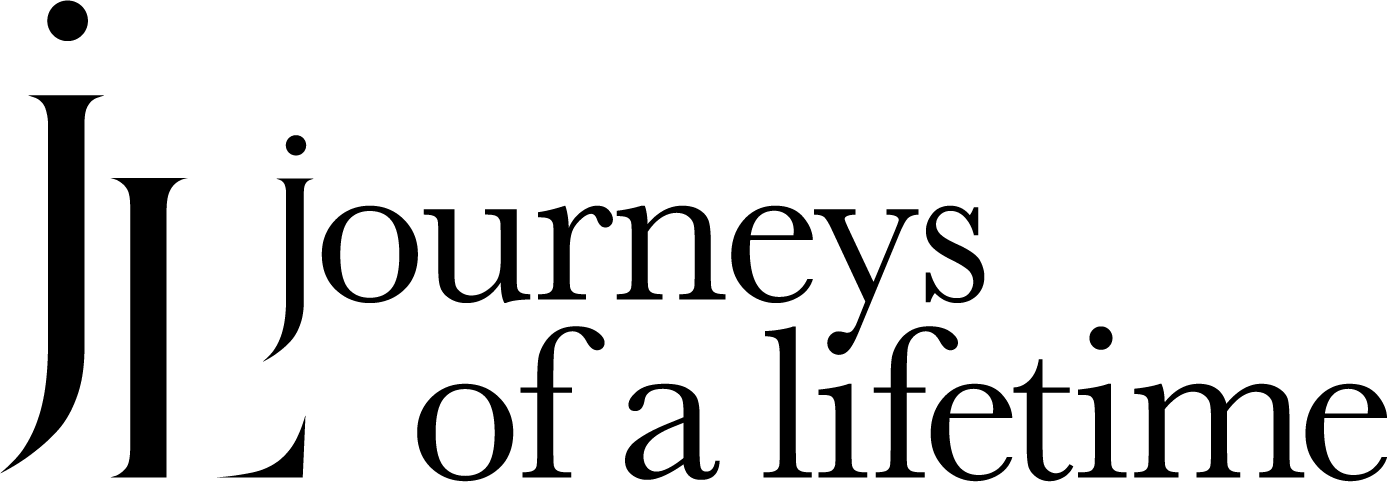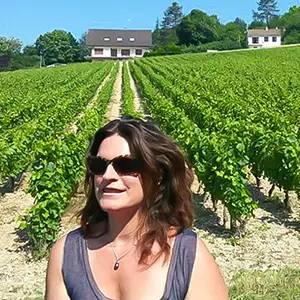Why France’s Quietest Healing Tradition Might Be Its Most Powerful
In the global wellness circuit, health is often measured in metrics: cortisol levels, sleep data, step counts. Success smells like eucalyptus and sounds like Spotify playlists labeled “Zen Focus.” But off the northern coast of France, in a tidal bay so powerful it redraws the shoreline twice a day, healing obeys older rules. It smells like salt and seaweed. It sounds like silence. It flows with the rhythm of the Atlantic.
This is thalassotherapy, a marine therapy. Not a trend. Not a concept. A medical discipline that’s been quietly practiced in France for over a century, largely invisible to the American wellness imagination. And perhaps it’s time to ask why.
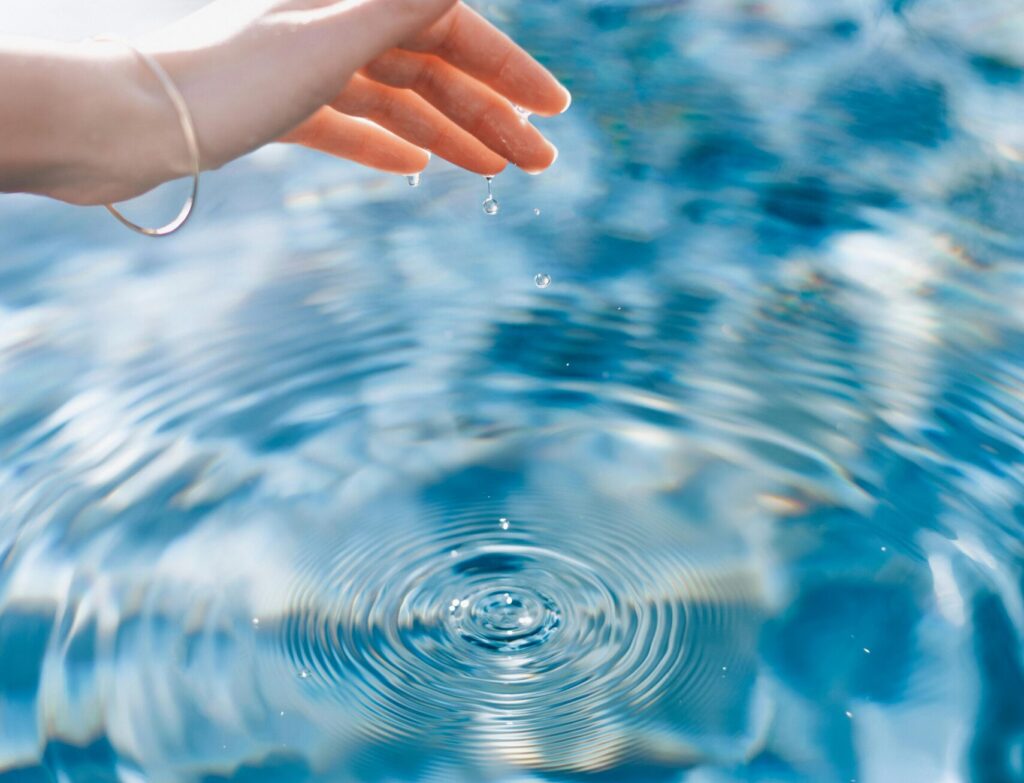
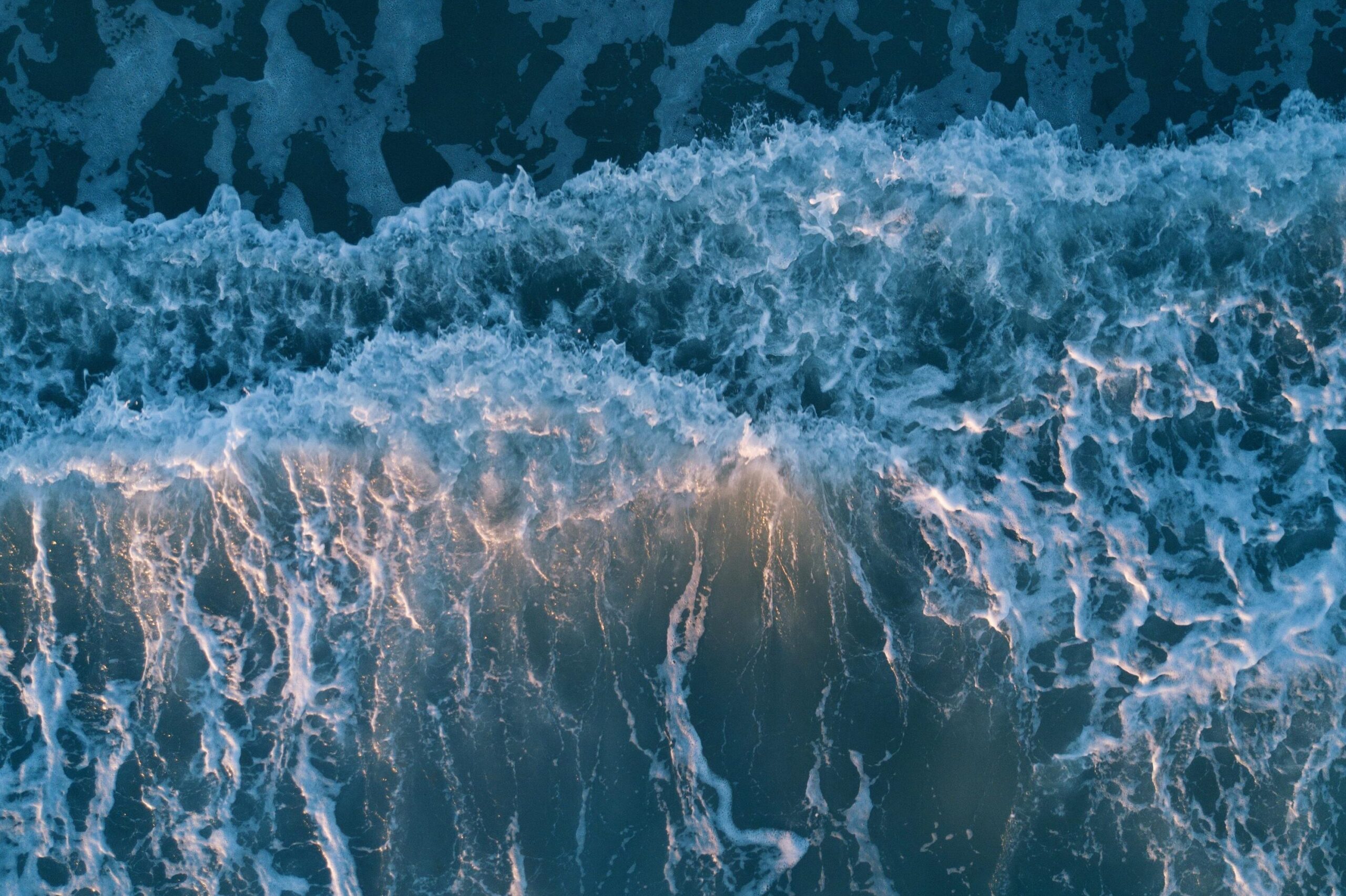
Why Now? The Return of the Deep Reset
For years, wellness was about doing more: more steps, more productivity hacks, more green powder, more optimization. But now, in the aftermath of burnout, digital fatigue, and global stress fractures, people want less. Slower. Truer. This is where thalassotherapy finds its voice again.
It doesn’t promise transformation in 48 hours. It doesn’t need influencers. It offers something far more radical: a pause that restores, instead of distracts. It doesn’t just soothe the nerves, it recalibrates the nervous system. In France, thalasso never disappeared. It simply resisted noise. Now, as the world tires of surface-level wellness, its quiet rigor speaks louder than ever. And Americans, known for their intensity, their pursuit of performance — are precisely the ones who might need it most.
Where Care Becomes Culture
In France, healing has never been divorced from culture. A medical treatment might include a conversation. A good meal is not indulgent, it’s foundational. Rest is not laziness, it’s repair. Thalassotherapy lives inside this philosophy. It’s not a service. It’s a cultural gesture. That’s why it’s practiced by trained therapists, often in collaboration with hospital specialists. That’s why chefs design therapeutic menus without removing joy. That’s why even the architecture of places like Les Thermes Marins de Saint-Malo is built to invite stillness, not spectacle. This isn’t about nostalgia. It’s about continuity. About understanding that a warm bath in seawater can carry centuries of knowledge, and that science doesn’t need to erase tradition to move forward, it can walk alongside it. It’s about remembering that care is not just technical. It’s emotional. Sensory. Human.
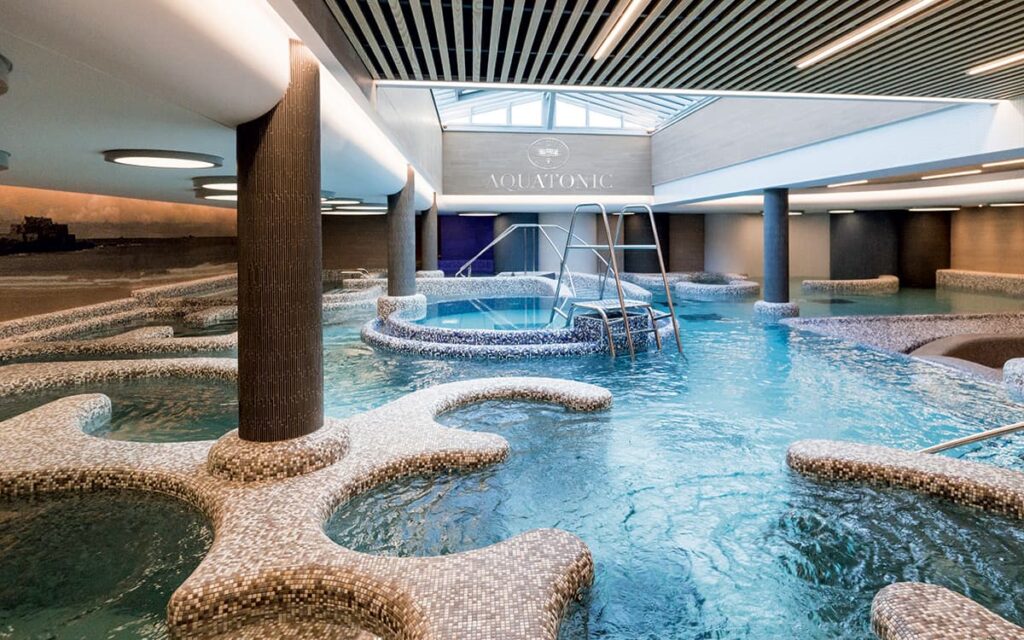
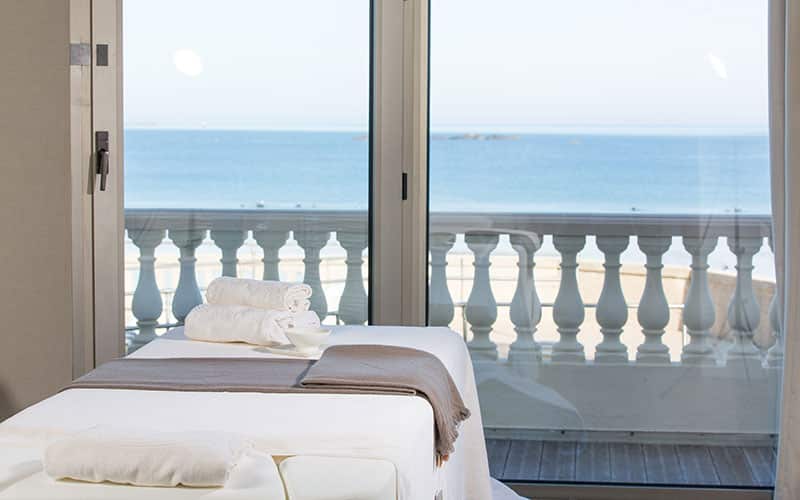
The sea doesn’t pamper. It recalibrates
Unlike destination spas that promise detox in three days or mindfulness in fifteen minutes, thalassotherapy is built on continuity. It works not because it dazzles, but because it realigns. The seawater used in treatments is drawn directly from the Bay of Saint-Malo, mineral-rich and alive, its chemical makeup remarkably close to human plasma. Warmed to body temperature, it’s absorbed through the skin, rebalancing cellular activity in a way both ancient and physiologically verifiable. It’s not about luxury. It’s about biological logic.
Regular clients, many of them French, but increasingly German, Scandinavian, and Canadian, return each year for multi-day, doctor-designed programs. Some recover from physical injury. Others from chronic fatigue. Some just want to sleep again, deeply. What they find is not glamour. What they find is rhythm.
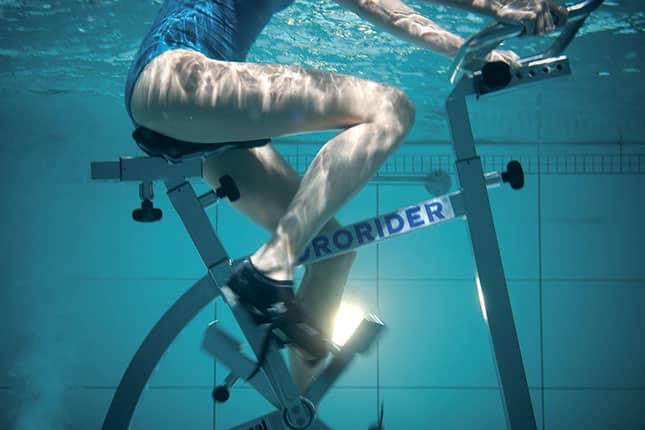
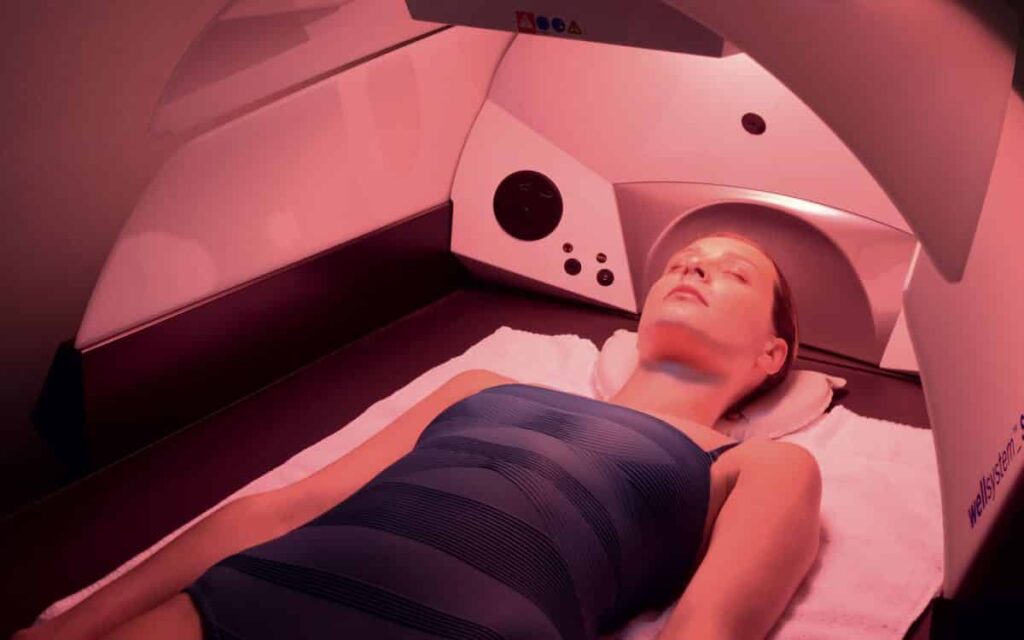
Saint-Malo: Where the Tides Know More Than We Do
The setting isn’t incidental. Saint-Malo is not a backdrop, it’s a co-therapist. This fortified Breton city faces one of the most extreme tidal ranges in the world. Every six hours, the sea rises and falls up to twelve meters, shifting not only the landscape but the mineral profile of the very water used in treatments. It’s a living, pulsing force. Standing on the jetty at dawn, the salt air stings your lungs. It wakes something dormant.
Guests often describe this place not as relaxing, but as rebalancing. There’s a kind of elemental authority here. No one rushes. No one scrolls. The tide won’t let them. And unlike the polished calm of many wellness resorts, Saint-Malo keeps its edges. Granite walls. Wind. Cold sea spray. A sense that nature is not here to indulge you, it’s here to strip you back to something more essential.
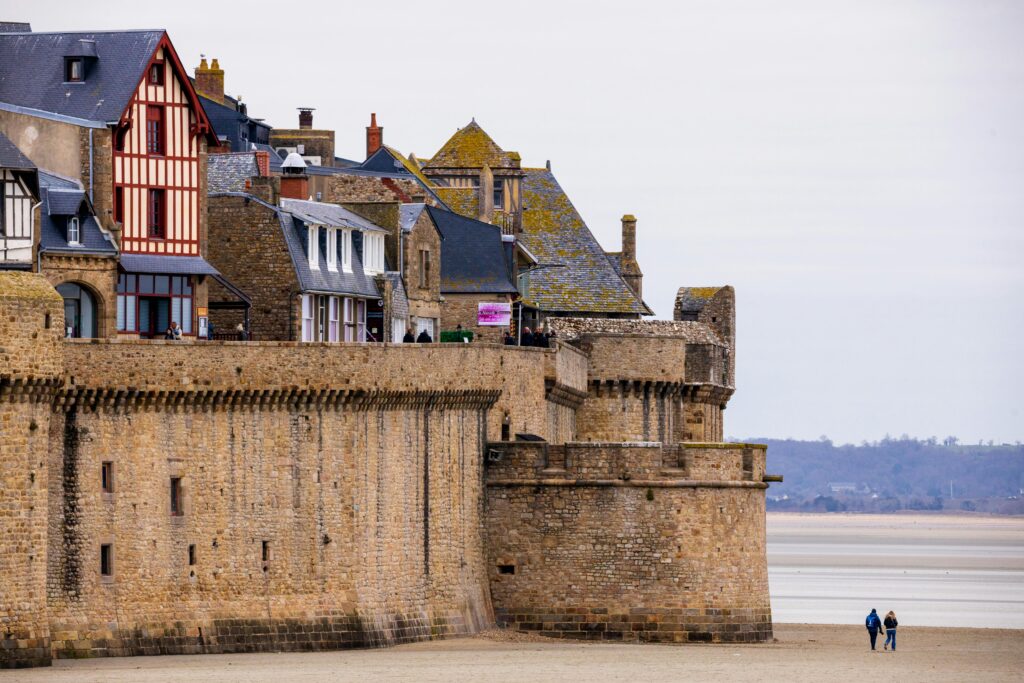
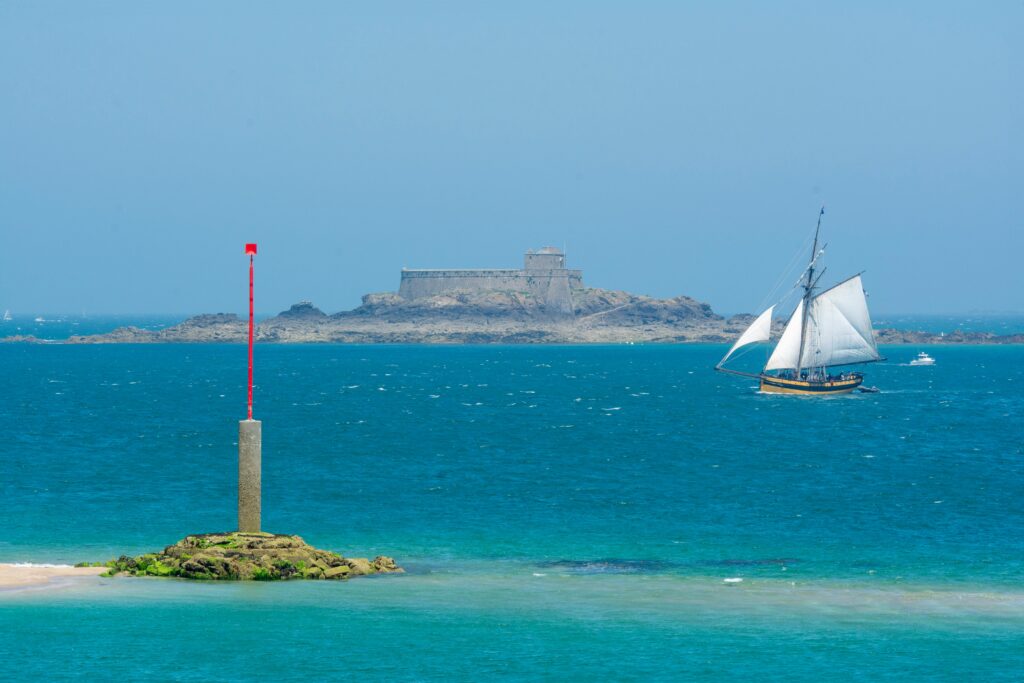
The French Art of Serious Care
Thalassotherapy doesn’t rely on intuition. It relies on medical evidence and precise protocols, developed in close partnership with doctors, physiotherapists, and nutritionists. Before a guest enters the treatment suite, their circulation, muscular tone, and inflammatory markers may be assessed.
The seawater is not symbolic. It’s therapeutic, saturated in magnesium, calcium, potassium. The jets in hydrotherapy pools are calibrated for lymphatic drainage and joint release. Treatments are sequenced according to goals: post-operative recovery, stress regulation, sleep repair, cardiovascular boost; Even the so-called wellness cuisine is backed by clinical coordination. At places like Les Thermes Marins de Saint-Malo, chefs trained in haute gastronomie collaborate daily with in-house nutritionists. Together, they build menus that are anti-inflammatory, seasonal, and deeply rooted in local terroir, but never punitive. Guests rediscover satiety. Digestion. Joy.
Because in France, health isn’t separated from pleasure. It’s designed with it.
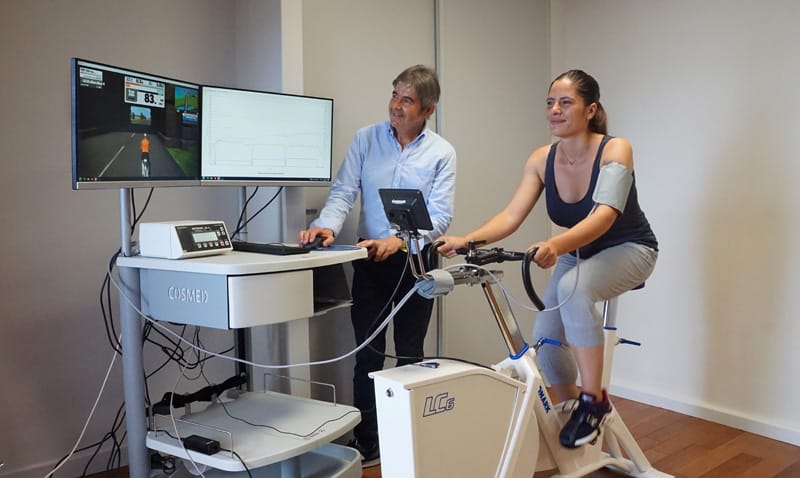
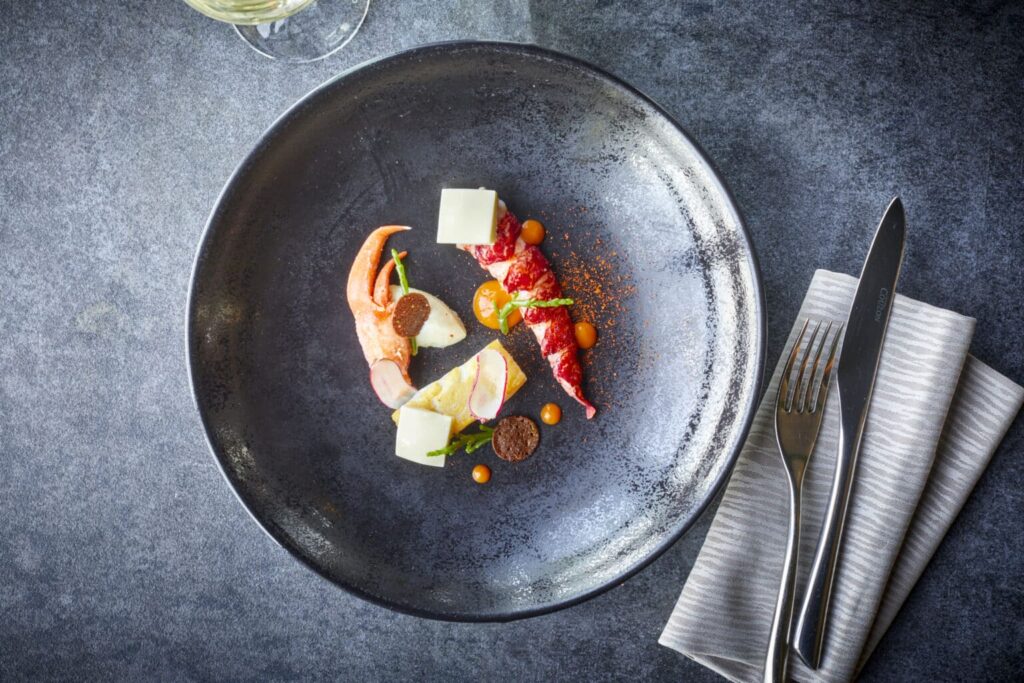
From Sea to Story: Meeting the Woman Who Inherits the Tide
You can measure the tides in centimeters. You can map mineral levels, log cortisol drops, quantify deep sleep. But what makes thalassotherapy truly French is harder to track. It’s in the silence before the treatment begins. In the fennel broth served at lunch. In the presence of someone who doesn’t try to fix you, but sees you whole. At Les Thermes Marins de Saint-Malo, that someone is often Charlotte Raulic. Daughter of the man who shaped this institution. Guardian of a philosophy that refuses shortcuts. And woman of her time, navigating between legacy and change. We sat down with her, not for a pitch. For a conversation. Read here.
Want to learn more about thalassotherapy? The full article is here.

